Japanese Newspaper Shukan Kinyobi Interviews AEI’s Jamila Raqib
Published on August 22, 2025
“Misunderstood as Idealism — Lives Protected Precisely Because of Nonviolence”
Interview by Kazuhiro Soda
Q (Soda, interviewer): You were born in Afghanistan and moved to the United States with your family. Can you tell us about that?
Jamila Raqib:
Yes. I was born in 1979, just as the Soviet Union invaded Afghanistan. Because of the war, my family fled and emigrated to the United States. Later, when I was older, I met Gene Sharp and began working with him at the Albert Einstein Institution. At first, I myself was skeptical of his ideas.
Q: Why were you skeptical?
Raqib:
Because my own experience of war had been so violent and cruel. When I first read Sharp’s writings, they seemed like “beautiful ideals,” far removed from reality. But as I worked alongside him, I realized that they were actually about how power works in real life. He showed that the power of rulers depends entirely on the obedience and cooperation of ordinary people. If people withdraw that cooperation, rulers cannot govern.
Q: Some say that nonviolence is unrealistic in the face of brutal dictators.
Raqib:
It is precisely under dictatorships that nonviolence is strongest. Violence is the arena in which dictators excel; they have overwhelming superiority there. Nonviolence shifts the struggle onto terrain where ordinary people have the advantage. That is what Sharp clarified over decades of research. Nonviolent action is not weakness. It is a strategic method of defense that can protect more lives than armed struggle ever could.
Q: You’ve been involved in training activists around the world. What lessons stand out?
Raqib:
One lesson is that nonviolent struggle requires planning, discipline, and unity. Many movements collapse not because nonviolence “failed,” but because they did not prepare for what comes after victory. For example, during the Arab Spring, there were inspiring uprisings. But in many cases, people had not developed strategies for building institutions once the dictator fell. Without that, authoritarianism simply returned.
Q: In your view, what is the role of ordinary citizens in nonviolent defense?
Raqib:
Nonviolent defense is not something only for activists. It has to involve entire societies — workers, students, professionals, families. It’s about withdrawing cooperation from oppression in every sphere. Strikes, boycotts, civil disobedience — these are not marginal actions; they are ways to make dictatorships unworkable.
Q: Finally, why do you believe in nonviolence?
Raqib:
Because it aligns with something deep in human beings. Yes, humans are capable of violence. But we are also capable of cooperation, protection, and solidarity. Nonviolent action taps into those instincts. It allows people to defend their dignity and their communities without becoming destroyers themselves. That is why I believe it can protect lives more effectively than violence.
